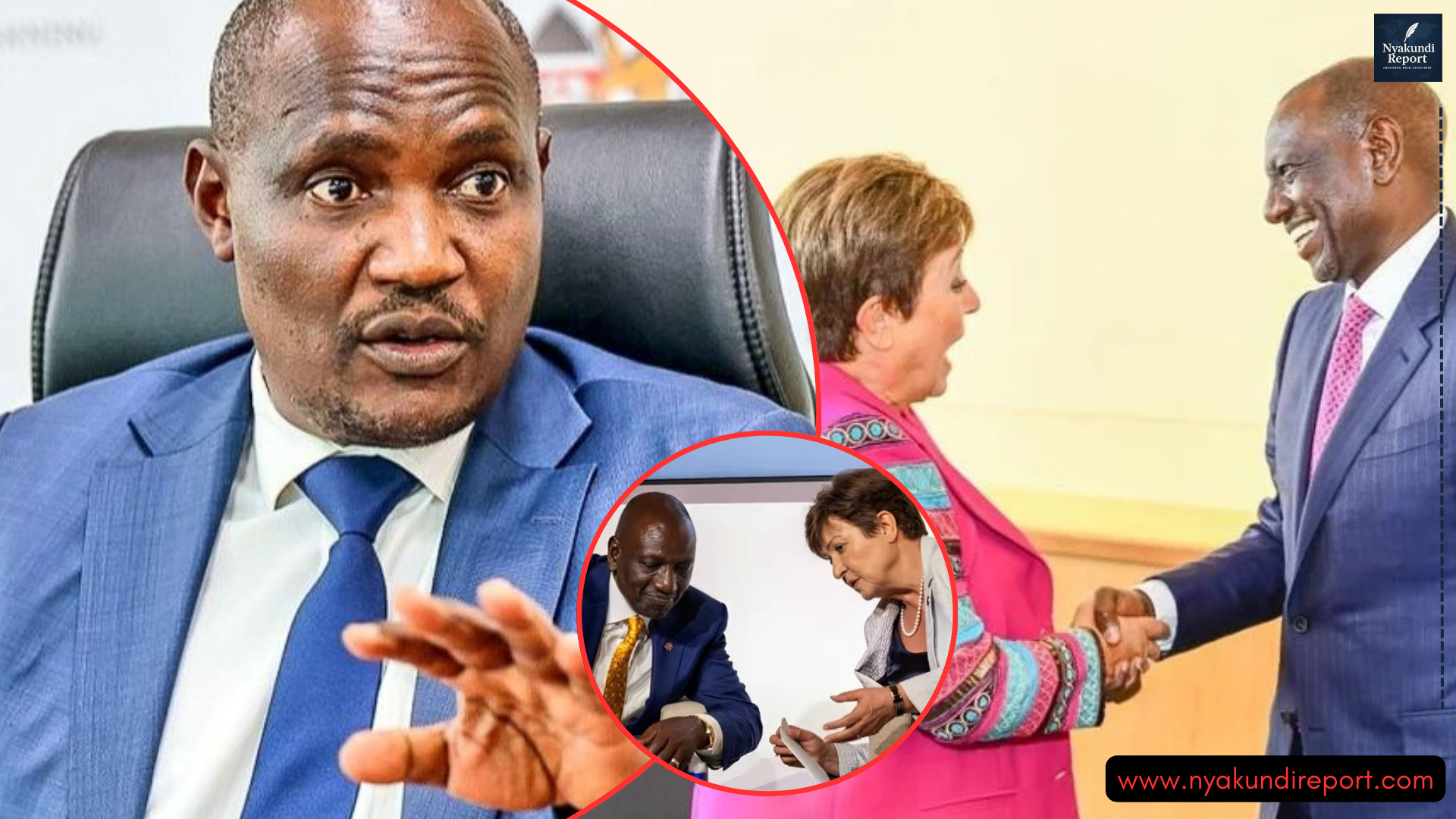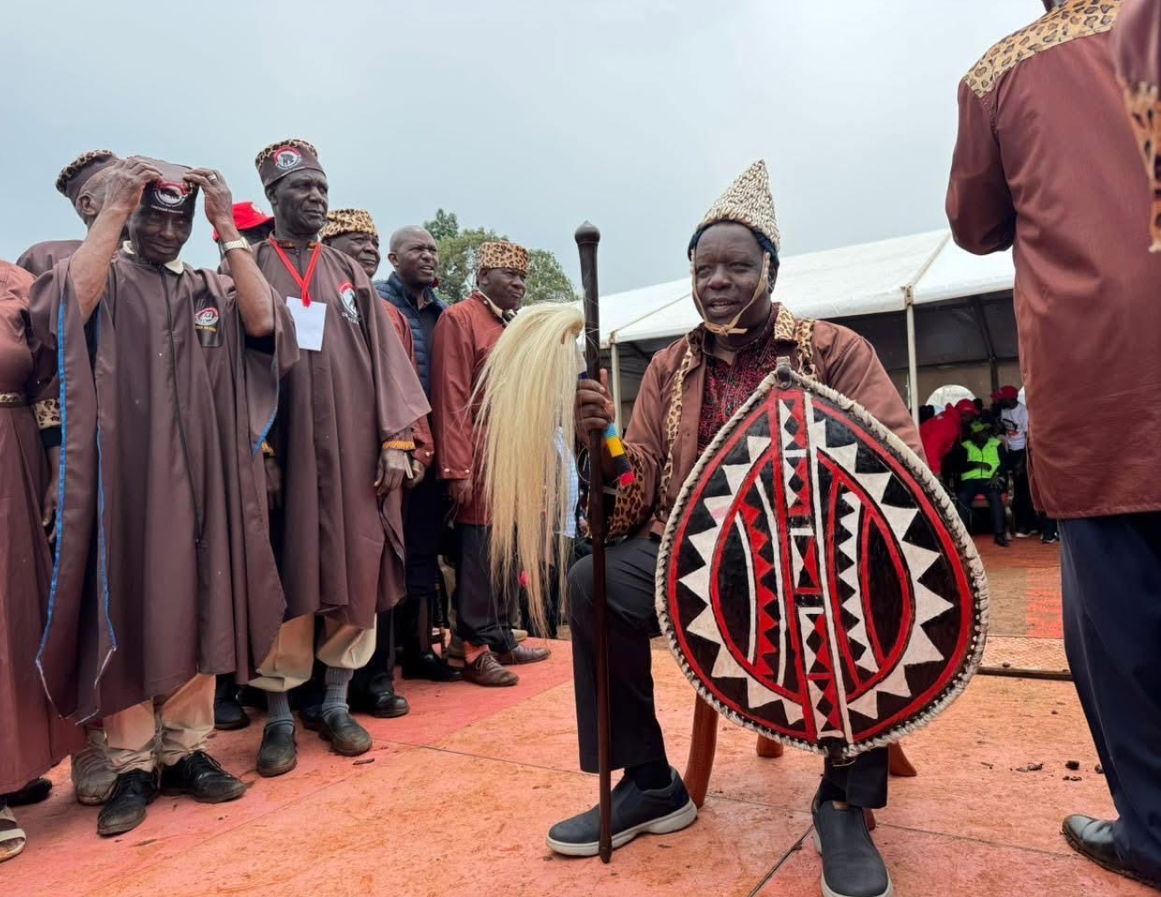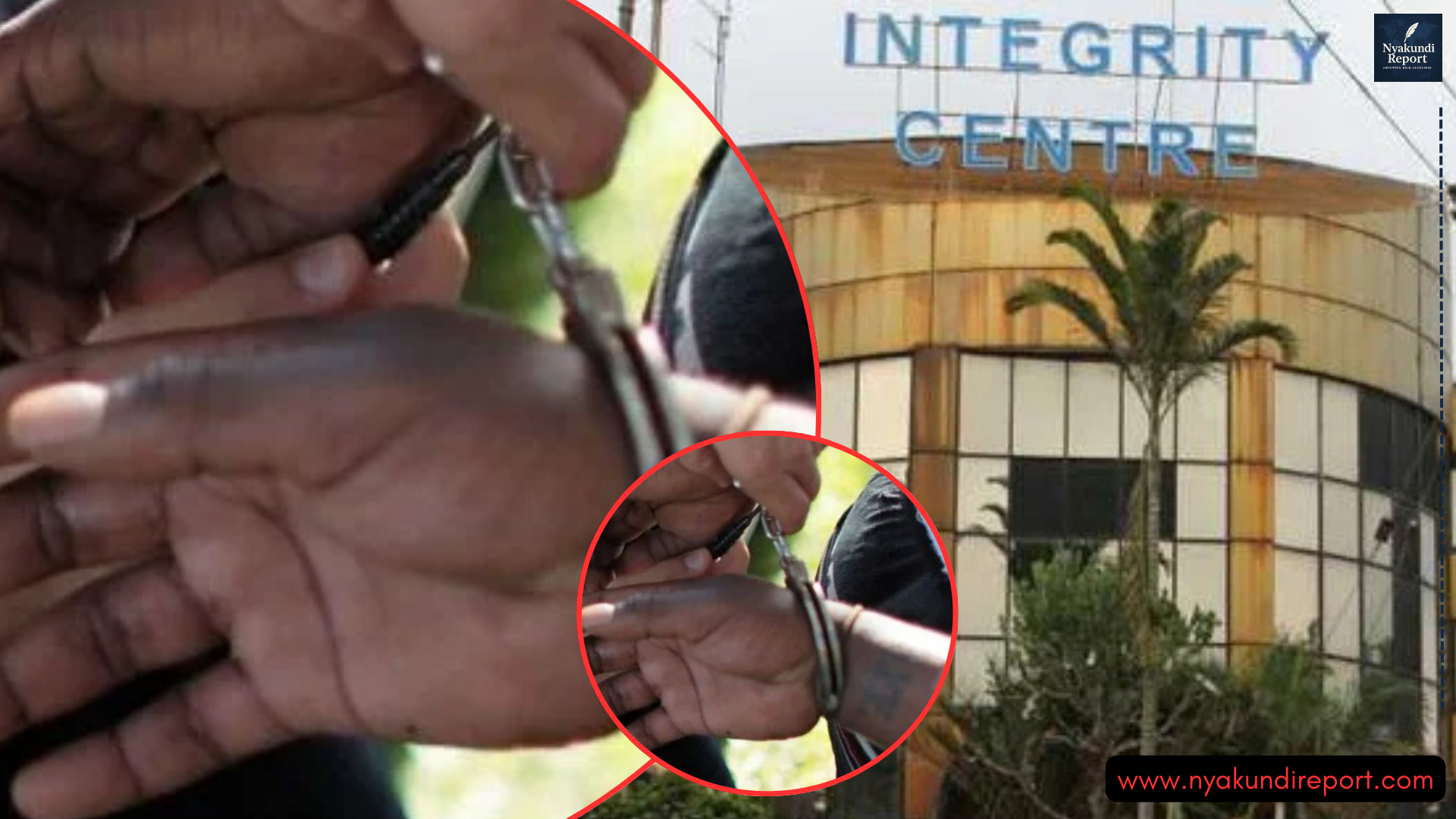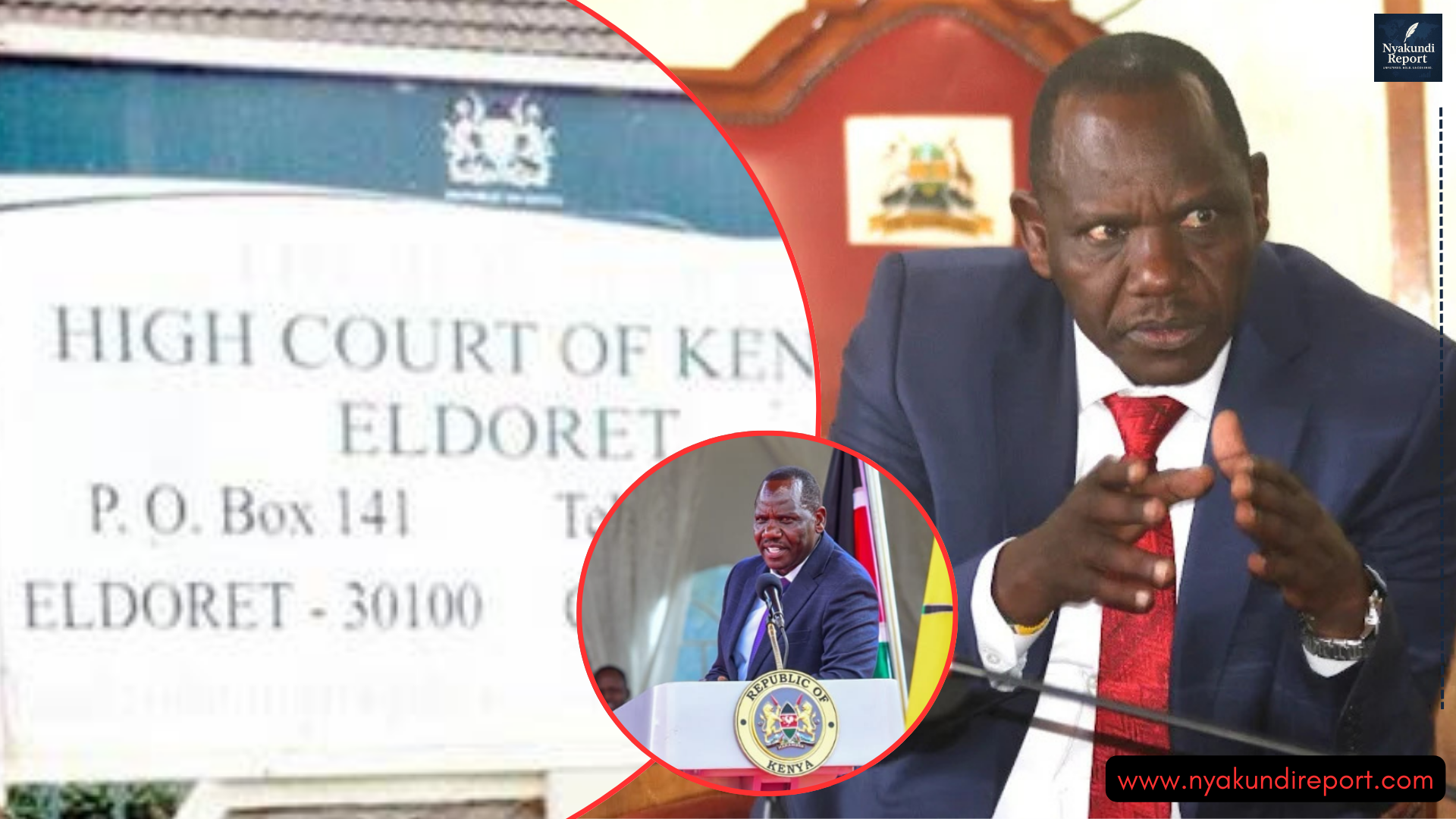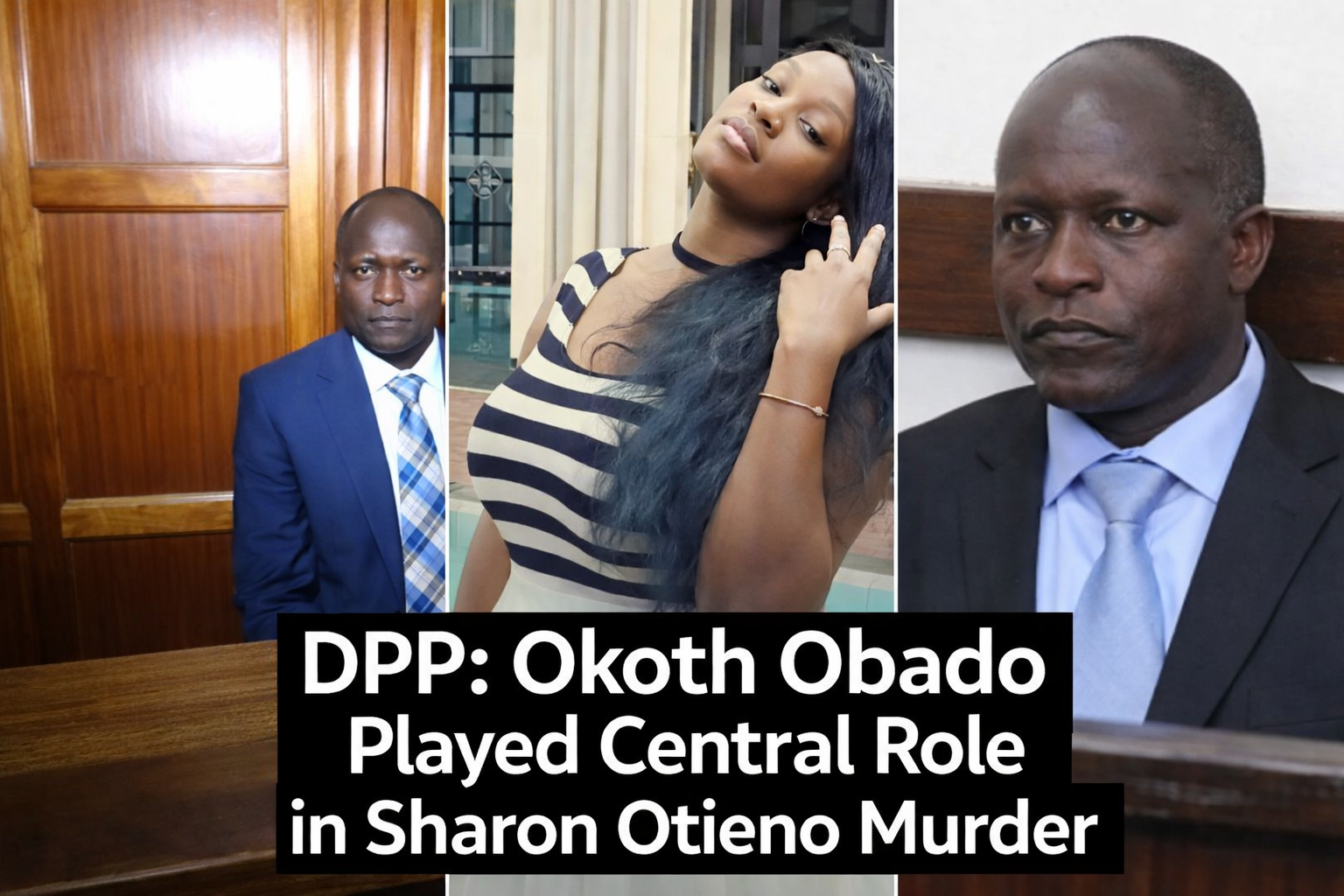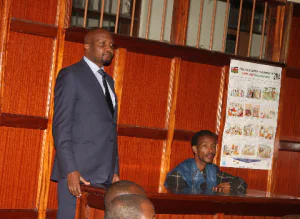A fierce legal showdown has erupted after City lawyer Peter Wanyama tore into Politician Moses Wetangula, dismissing his defamation threats as hollow and baseless.
Wetangula, the Kenya Kwanza heavyweight and Speaker of the National Assembly, issued a demand letter on September 3, 2025, claiming that damaging allegations had been spread about him.
But Wanyama struck back with a fiery response, accusing Wetangula of attempting to gag the media and silence critics. The exchange has exposed deep cracks between political power and constitutional freedoms in Kenya.

Wanyama Shreds Wetangula’s Defamation Threat
Peter Wanyama did not mince his words. He rejected Wetangula’s accusations and branded the defamation threats weak and empty. According to him, his remarks were not defamatory but instead fair comment, truthful, or an honest opinion. He pointed out that the Constitution protects such statements.
He also faulted Wetangula’s legal team for failing to show proof. The demand letter, he said, did not name the exact words considered defamatory, where they appeared, or how they caused any harm to Wetangula’s standing.
“Without clear particulars, the allegations are baseless,” Wanyama declared, hitting directly at Wetangula’s credibility.
The lawyer also warned that any attempt to muzzle journalists or intimidate the media would be met with strong resistance in court. In his view, Wetangula’s legal move was nothing more than a strategy to scare off critics and block uncomfortable truths from reaching the public.
Inside the Demand Letter That Exposed Wetangula’s Fear
The demand letter sent on September 3 laid bare Wetangula’s fears. His lawyers accused publishers of spreading false claims designed to tarnish his reputation. The demands were sweeping: immediate removal of the alleged content, a full public apology, and financial compensation.
It was a threat loaded with conditions and backed by a promise of a lawsuit. But Wanyama’s sharp reply stripped it down and revealed it for what it was—an attempt to shield a powerful politician from scrutiny.
This clash now raises serious questions. Was Wetangula genuinely seeking to protect his reputation, or was he trying to silence uncomfortable commentary? By going on the offensive, Wanyama made it clear that he was ready to fight this battle not just for himself, but for media freedom.
Freedom of Speech Versus Wetangula’s Power Play
Wanyama built his case on constitutional principles. He cited Articles 33 and 34, which safeguard freedom of expression and press freedom in Kenya. In his words, those holding powerful positions like Speaker of the National Assembly cannot escape scrutiny.
“Public figures must accept being watched and criticised as part of public life,” he declared.
But Wanyama also showed he was willing to be fair. He offered Wetangula a “right of reply” — the chance to respond and have his side of the story published. Yet he made it clear this was not an admission of guilt.
Now Wetangula faces a dilemma. He can file a lawsuit and risk being accused of abusing his office to silence critics, or he can take the right of reply and address the allegations head-on. Either way, his actions will shape public opinion and test how much power politicians should wield over the press.
Wrapping Up
The defamation fight between city lawyer Peter Wanyama and politician Moses Wetangula is no ordinary legal dispute. It has turned into a high-stakes clash between political power and constitutional rights.
Wanyama’s response not only dismantled Wetangula’s legal threats but also exposed how Kenyan politicians often use lawsuits to bully critics into silence. By standing firm, he forced the public to confront a bigger question: should politicians hide behind defamation suits, or should they face tough scrutiny like everyone else?

